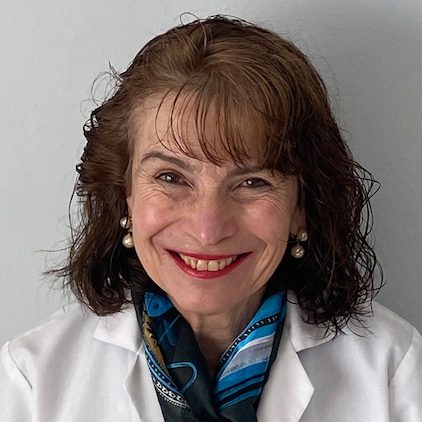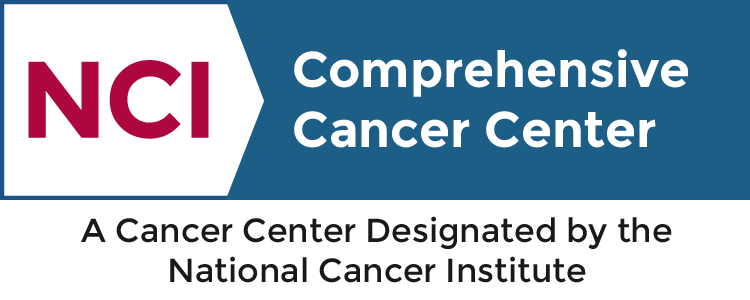Non-English speaking cancer patients and their families can hit barriers at every turn. Did you know that over 80 different languages are spoken by our patients? Stanford Interpretation and Translation Services assist with both verbal and written translation. Their most requested languages are Spanish, Mandarin, Vietnamese, Cantonese, and Russian. Followed closely by American Sign Language (ASL), Korean, and Farsi. We sat down with interpreter/translator Elena Kozak, PhD, MA, to learn more.
Tell us a little bit about your background and why you chose to become a medical interpreter/translator?
As is often the case, life’s journey takes us down surprising paths, and sometimes on unexpected turns. I am a descendant of Spanish ancestors, and my parents were born in Cuba, as was I. Spanish is my mother tongue and, except for a few years in Brazil, I grew up in Mexico. I always loved languages, particularly romance languages, but my vocation was in science and medicine. I started medical school at the U.N.A.M (in Mexico). The family moved to the USA, and I continued my education in English. In Mexico, one starts medical school after high school. Here I had to change course, I completed a BS in Chemistry and earned a scholarship to attend graduate school at Cornell Medical College in New York Hospital on the City’s Upper East Side. There I completed a PhD in Biochemistry (biomedical research). My first child was born in the same hospital where I worked and, after finishing all six years, I completed a postdoc in Immunology. After raising my three children (mostly in the Bay Area) I earned a teaching credential at Notre Dame de Namur University and taught junior college Spanish literature as well as high school Spanish for several years. In 2011, I obtained an MA in Translation and Interpretation from the Monterey Institute of International Studies.
I love my job! It is as if my whole life was preparing me for it. My greatest joy is interacting with our patients and playing a part in their healing. What more could I have ever asked for when I set forth on my journey?
Tell us about a particularly rewarding experience you have had assisting a cancer patient.
I can’t highlight just one, but I remember many grateful faces. Every patient is special and unique. Morning rounds with the bone marrow transplant teams come to mind. It is so rewarding to be a part of the sometimes-long patient journey, from the initial fact-filled preliminary meeting with the transplant coordinator and the family, to the difficult days where symptoms are the most challenging, and lastly to the final discharge planning with a new gift of life. Amazing!
How do cultural acuity and understanding of nonverbal cues play a role in your work?
The Spanish-speaking world is quite diverse and at the same time, we enjoy a shared cultural background. While I draw on my cultural background to interpret, one cannot assume. Every person is unique and so I find it important to listen closely not just to the words, but also to clues, sounds, and even gestures. Communication includes the tangible and the intangible, it is important to be fully present.
What is the most challenging aspect of your job?
It can be physically demanding. But I enjoy walking. I’m just tired at the end of the day.
What is something that would surprise readers about your job?
Some may be surprised to know that it takes a lot more than knowing the language to be a successful medical interpreter. Translation and interpretation are acquired skills, and the work appeals to a different part of your brain. Translation requires attention to the most subtle variations of a single word. On the other hand, Interpreters are constantly on center stage so timely delivery of the message takes priority. There isn’t that much time to brew and ponder.



